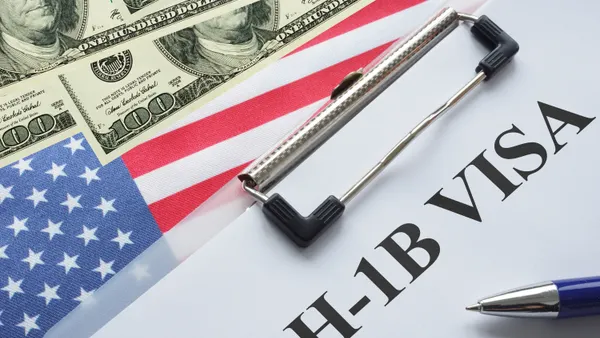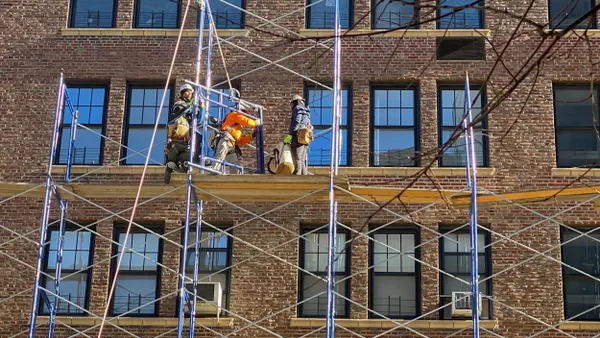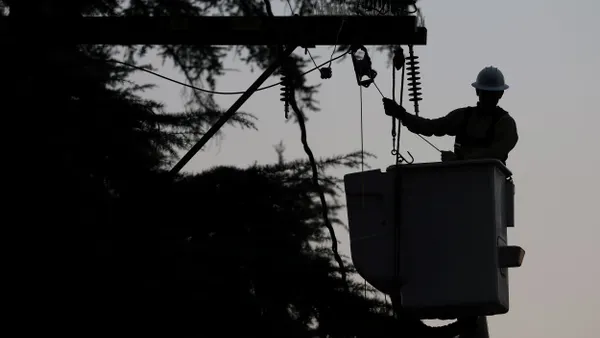Dive Brief:
- Apple supplier Foxconn Technology Group may scrap a proposed Wisconsin factory, according to Reuters; the facility was one part of a plan that promised to bring 13,000 jobs to the area.
- A special assistant to Foxconn's chief executive told Reuters that the company is scrapping plans to manufacture liquid crystal display (LCD) panels for TV screens in Wisconsin because of the steep cost of manufacturing in the U.S., where labor expenses are comparatively high. The source said Foxconn instead intends to hire largely engineers and researchers to produce specialized tech products for healthcare, industrial and professional use.
- Foxconn later reassured local officials that its plans have not changed, although hiring has slowed. The company originally said it expected to hire about 5,200 individuals by the end of 2020, but that number could be closer to 1,000, the assistant told Reuters. The outlet also said it's unclear whether Foxconn still plans to deliver the 13,000 total jobs. According to the Washington Post, Foxconn has a pattern of walking back hiring announcements; if it fails to meet established goals, however, Wisconsin can withhold some promised incentives.
Dive Insight:
Foxconn’s plan to hire 13,000 workers raised questions from the beginning. Watchers asked how the employer planed to achieve that goal, especially in Wisconsin, where the unemployment rate sits well below the national average. In response, the company said it planned to take a multi-pronged approach, targeting students, veterans and workers in other states.
The plan received praise from President Donald Trump, who has repeatedly called it "incredible." The factory would be the first of its kind in the country, fitting his "buy American, hire American" plan.
But Trump himself has made immigration policy comments in recent weeks that stakeholders found "surprising:" he said during a press conference that his administration is looking into issues surrounding the employment of skilled foreign workers in industries like technology, particularly a merit-based immigration system.
And then on Thursday, the U.S. Department of Homeland Security finalized new H-1B regulations that are aimed at prioritizing visas for those with advanced degrees from U.S. institutions. It remains to be seen just how the changes will affect employers, but Trump, at the press conference, said America must "let these great, brilliant companies have the smartest people in the world."













